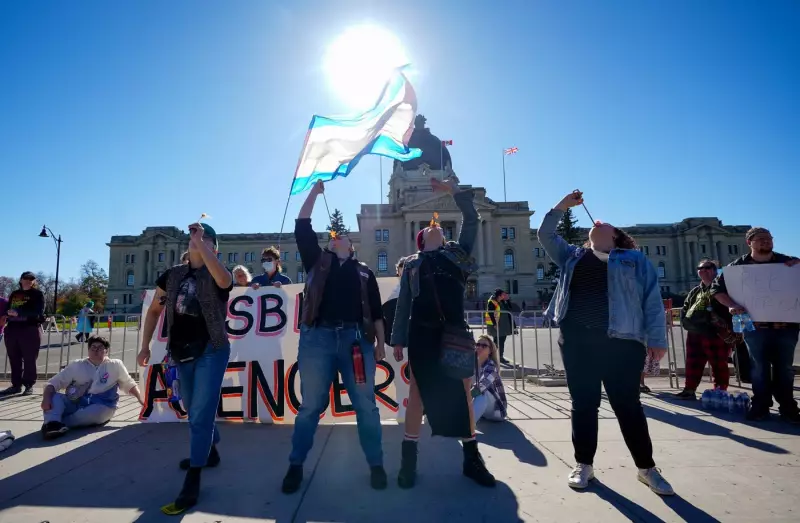
Canada's judicial landscape is set for a landmark confrontation as the Supreme Court agrees to weigh in on Saskatchewan's controversial school pronoun policy, setting the stage for a constitutional showdown that could redefine educational rights nationwide.
The Heart of the Legal Battle
At the core of this judicial firestorm lies Saskatchewan's Parental Inclusion and Consent Policy, which mandates that schools obtain parental permission before using different names or pronouns for students under 16. The provincial government defends the measure as protecting parental rights, while opponents argue it puts vulnerable LGBTQ+ youth at risk.
The case represents one of the most significant education law challenges in recent Canadian history, pitting provincial authority against Charter protections for gender-diverse students.
Legal Journey to the Top Court
The policy's path to the Supreme Court has been marked by legal whiplash. Last fall, a Saskatchewan Court of King's Bench judge granted an injunction temporarily blocking the policy, declaring it would cause "irreparable harm" to gender-diverse youth. However, the provincial government successfully appealed, allowing the policy to remain in effect while constitutional arguments proceed.
Urgency Court of Appeal documents reveal the government's position that the policy "supports parents' rights to be involved in their children's education" and addresses what they characterize as a "new ideology" being promoted in schools.
Constitutional Implications
Legal experts anticipate the Supreme Court's ruling will establish crucial precedents in several areas:
- The balance between parental rights and student autonomy
- Provincial jurisdiction over education versus Charter protections
- The legal standing of gender-diverse students in Canadian schools
- The scope of school authority in supporting LGBTQ+ youth
National Ramifications
This case transcends provincial borders, with similar debates erupting in New Brunswick and Ontario. The Supreme Court's decision will likely influence education policy across Canada, providing much-needed clarity on how schools should navigate the complex intersection of parental rights, student privacy, and gender identity protections.
As the legal battle prepares for its ultimate showdown in Ottawa, educators, parents, and rights advocates nationwide await a ruling that could reshape the educational experience for gender-diverse students for generations to come.






